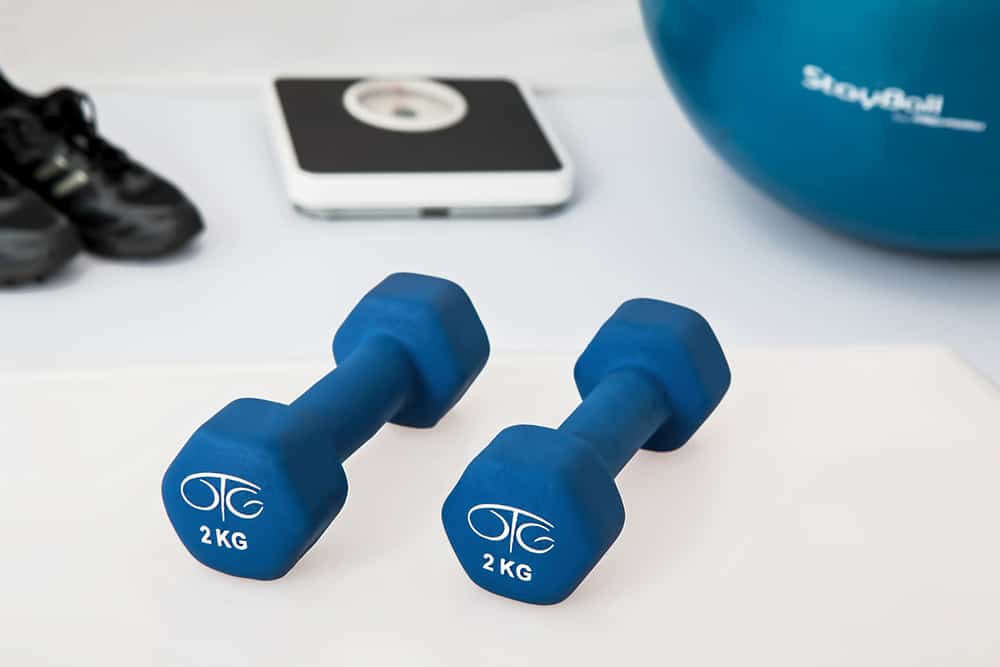New research highlights importance of goal-orientated rehabilitation in patient recovery process

According to findings from the Washington University School of Medicine in St. Louis, USA, goal-orientated and motivational physical and occupational therapy provide better patient outcomes compared to standard rehabilitation methods.
The approach, called Enhanced Medical Rehabilitation, whereby physical and occupational therapists work to engage patients more fully during therapy sessions, outperformed the traditional physical and occupational therapy methods that were provided to patients in the same nursing facilities.
“We found that when you engage and motivate people, they do better,” said the study’s first author, Eric J. Lenze, MD, a professor of psychiatry.
As part of the goal-orientated rehabilitation, therapists focused on specific goals important to individual patients, and they delivered, on average, 24 motivational messages about those goals during every therapy session. The approach resulted in a 25 percent improvement in functional recovery.
The university’s research team studied 229 patients — 114 of whom randomly were chosen to receive enhanced intervention and 115 of whom received standard therapy. Each was in a skilled nursing facility while recovering from an injury or illness, such as hip fracture, stroke or major surgery.
“It’s more than just getting people home; everyone wants to go home,” said Co-Author and Study Coordinator Emily Lenard. “In enhanced rehab, therapists focus on concrete goals. For example, if a patient had taken care of grandchildren on Wednesdays before the problems began, then the therapists might focus on the grandchildren to motivate the patient, a goal that patient can visualize in his or her head while doing exercises that might otherwise seem mundane.”
The results are published in the journal JAMA Network Open.

